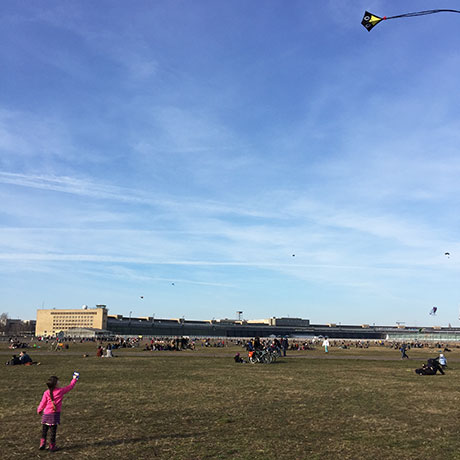Pearsall in Berlin
right-click, save as to download this free mp3 mix
100% Vinyl!
Mixed in Berlin, March 2015
(44:34, 102 MB, 320 kbps MP3)
Cover image: Tempelhofer Feld, Berlin, March 2015
Zip file (split into separate tracks)
Big cover
Cue file
Style: A tribute to Mala from DMZ/Digital Mystikz/Deep Medi Musik and all-around dubstep legend
Direct link to the mix:
http://sonicrampage.org/mixes/mala/PearsallInBerlin.mp3
Tracklisting:
01. King Midas Sound – Earth A Kill Ya (Mala Remix) (Hyperdub)
02. Digital Mystikz – Restructure 2 Rebuild (Honest Jon’s)
03. Digital Mystikz – I Wait (Part II) (Artone)
04. Digital Mystikz – Livin’ Different (DMZ)
05. Mala – Tribal (Brownswood)
06. Mala – Cuba Electronic (Brownswood)
07. Mala – Noches Sueno (Mala & Simbad Super Dub Mix) (Brownswood)
08. Mala – City Cycle (Tectonic)
09. Mala – Level 9 (Hyperdub)
10. Skream – Midnight Request Line (Digital Mystikz Remix) (Tempa)
11. Mala – Learn (DMZ)
12. Digital Mystikz – Education (DMZ)
13. Digital Mystikz – 2 Much Chat (DMZ)
14. Mala – The Tunnel (Brownswood)
15. Mala – Explorer (Monkeytown)
16. Mala – Expected (Level 10) (Hyperdub)
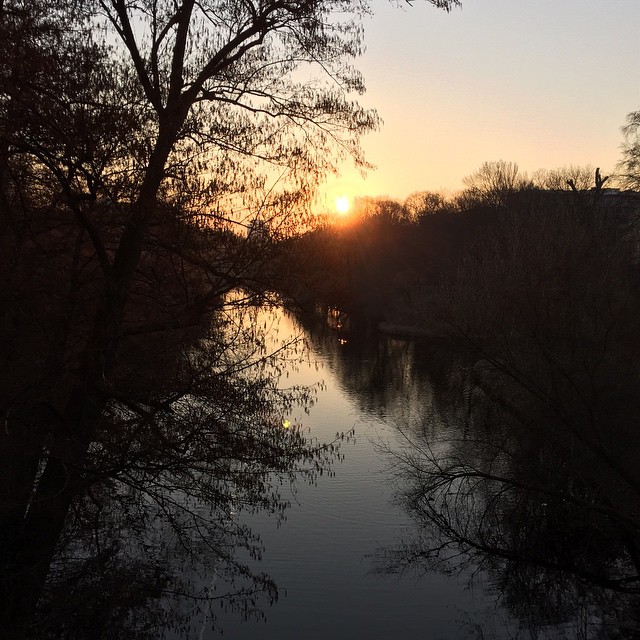
Mix #4 of the year is here, and it’s a tribute to the mighty Mala, dubstep legend!
If there is anyone who has played a definitive role in the evolution of dubstep from weird Croydon offshoot of UK Garage to planet-straddling colossus, then it is definitely Martin Lawrence. As half of Digital Mystikz and one-third of the DMZ label and clubnight, as well as Deep Medi Musik supremo, he’s been there, done that, and more. Over the years he has stayed true to his original sound even while so much of the dubstep scene moved on to stadium-friendly mid-range antics (look, I’m no one to talk on this point, as I did do a Wobble City series of mixes). He may not have the profile of a Skrillex or a Rusko, but as far as the true heads are concerned, no one in the scene has done more than Mala.
Want evidence? Just look at the crazy prices his early releases now command.
Perhaps the reason that he is so beloved is that he has never compromised on his basic vision even as his sound has matured and developed over the years. This doesn’t mean that he has stood still musically – indeed, his awesome Mala in Cuba album, three tracks from which are on this mix, showcases his immersion in Cuban music and culture. What it does mean is that he hasn’t taken the easy route of compromising his music to appeal to the global EDM audience. His music is the pure vision of dubstep – deep, meditative, rhythmically compelling and, of course, incredibly bass heavy.
For me personally, he’s always been one of my favorite dubstep producers, along with Matty G and Skream, and as someone who has a big stack of his releases on vinyl I thought it was high time for me to make my own tribute.
As you would expect from such a cult figure, the world is not exactly short of Mala tributes – here a good one from Benjy Bars, and Fat Kid On Fire’s 30 Minutes of Mala.
So why make my own?
Well, the obvious answer is because I always like to make my own mixes, if I can help it. After all, without sounding big-headed or whatever, I am my own favorite dj – no other dj picks out tracks that I like as consistently as I do, right?
😉
But the other reason is that these Mala tributes generally have the same tunes (and they are good ones, don’t get me wrong), but they tend to miss out on some other great tunes from the man.
And this is a situation that I thought needed to be rectified. Hence this mix.
As per usual, this is a one-shot mix, all done and dusted in one take using nothing but that sweet, sweet black crack. There are one or two slightly crispy moments, but basically it hangs together very nicely, in my opinion.
And I hope you enjoy it too!
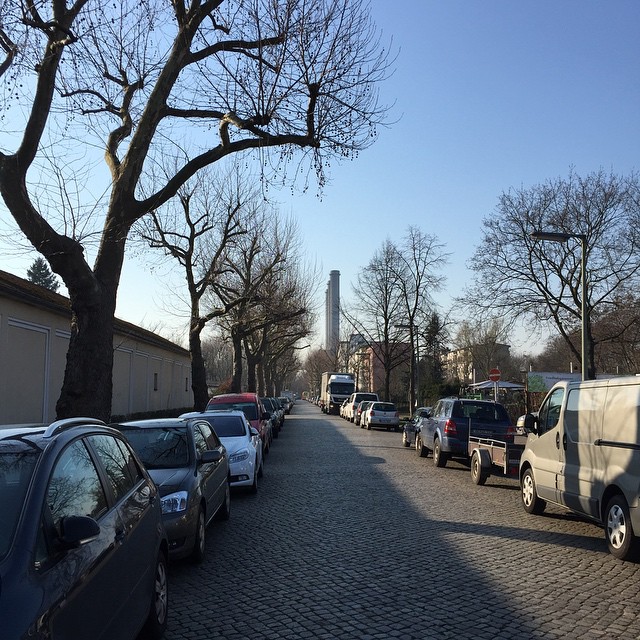
So there are a few of your tunes, even ones that have been real favourites on dubplate, that you think will never get released under any circumstances now?
“Yeah [laughs]”
Quite a few?
“Yeah, quite a few [laughs again] In a strange sort of way it’s not my choice. I’m a strong believer in moments in time and space, and sometimes you just get a vibe or a feeling for things where you could put something out and a hundred people would buy it or whatever, but sometimes it’s nice that pieces of music are just left resonating in certain walls of certain venues, rattling around from time to time in people’s memories when they’re reminded of the time they heard a certain piece of music. It happens to me in this day and age still, but it’s the same thing as in the past when you would go and listen to Grooverider and you’d know that you very likely weren’t going to hear it again, you didn’t know what the name of it was and if you wanted to hear it you’d just have to go and check for ‘Rider again and hope that he played it – but if you don’t go and hear him the next week, if you wait six months, the chances are you weren’t going to hear it again.”
And even then you’re not going to have the exact same experience when you hear it, same as you can’t live the exact same day over again …
“There you go. So we have to start really looking at time and space and how important it is to really start looking at moment. I’m not trying to sound cheesy or hippie or cliché, but I do think that in life we go through things that make you understand thing a little bit differently and you do see time in a really different way – in that it’s not days or weeks, it really is moments, that’s how it is sometimes.”
So you’re saying that by not duplicating the music – the experience – you make that experience and the sound sharper in people’s minds than if they were able to copy it and listen to it at will?
“Yeah I think so… I think… well, it’s weird because moments just happen because they’re happening all the time, but there’s certain circumstances and situations where we happen to remember a moment with more clarity. And for me – obviously I can only talk from my own experience – over the years, I’ve just had that etched-in-the-memory moment so many times going out and listening to music. So this brings us to the reason that I always cut dubplates – you know, people know this stuff, I’ve told this story so many times, but I genuinely value these moments, I genuinely value these things and I don’t want to abuse them just because you can make extra money out of it or extra fame or whatever. It’s fine if that’s other people’s intentions but it’s not mine, so the way I do my thing is just being true to myself and true to my love of these particular moments in time.”
“I like the fact that you just go and play live and play your music and people hear it, and they can go home and remember it, and if it pops into their mind ten years later that’s great and if it doesn’t it was a moment they experienced there and then anyway. For me, releasing music isn’t the most important thing; it’s the process, it’s about being there in the studio building tunes, it’s not the end product but how you get there, and even if you don’t get there it doesn’t really matter because… well it’s just about doing, isn’t it? For me it’s just about doing.”
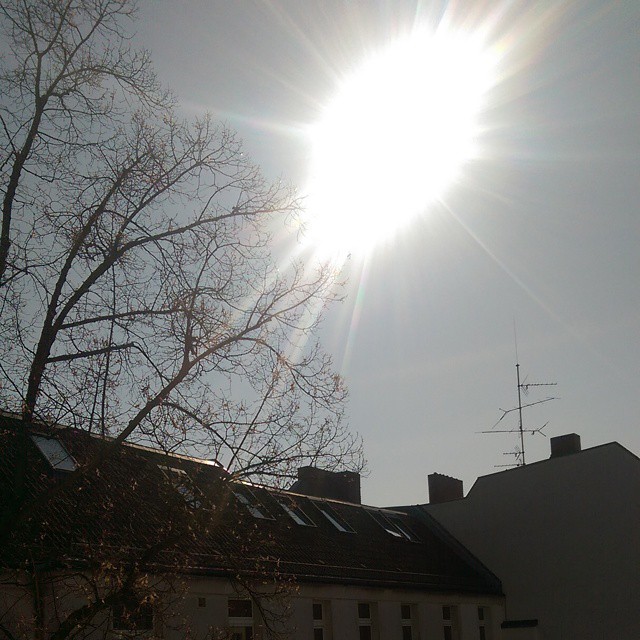
Mala and Loefah interview, 2007
Mala: It’s down to you as an individual to be as expressive and creative as an individual with your influences and your ideas. Just because you’re from somewhere or you do a certain thing doesn’t mean that’s how you’re always going to sound or stick to. It’s important to always try and do what comes natural, not box or limit yourself. You talk about that theory [that environment influences music] but then that should happen in every home because everyone’s home is different. Everyone’s quite individual …
B: People probably don’t realise, but wasn’t your first ever DJ set was at The End Mala?
Mala: It was.
B: That’s a pretty amazing place to have your first DJ set.
Mala: When they asked me, I looked at it like an opportunity. I was like: I’ve always loved DJing but I’ve never really wanted to be a DJ, but the reason why is because I’m totally deaf in my left ear. So I’ve always thought that if I’ve got to DJ in a big place I’m not going to be able to do it, even if I could mix in a bedroom. But I had decks when I was younger, I’ve been buying records for years but I wasn’t looking to DJ. So when Rephlex asked, I thought even if it only happens once, it’s an experience, so I’ll do it. Later I thought to myself, ‘shit what am I going to play?’ And then I thought, I might as well cut loads of dubs, because I had music so I might as well cut it. And that for me was when the step was made where it’s like not just like a couple of my beats in people’s sets but now you’re gonna hear my sound. This is my sound. We both played that night and so this was the first night that the DMZ sound got showcased. I remember it not being that busy compared to the first party, which I’m actually quite glad about, because I was shitting myself.
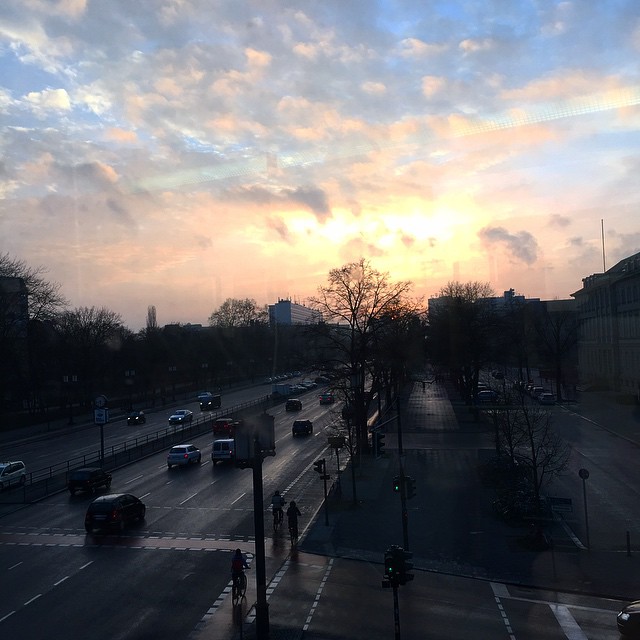
How did you get into making music?
It was something I naturally progressed into. I have always been listening to music, but it was about 1992 when I heard jungle music on the pirate radio stations that I thought about making music myself for the first time. I was really taken by hardcore jungle and I started doing music in my head every day. It all stems from there, really! Then I started writing music probably about 2000 or 2001 and began taking it seriously about a year later than that.
So hardcore and jungle are your main musical influences then?
Not really, no. I don’t think I could say that they are the main musical influences in what I do now. I think the influences stem from all aspects of life, not just from music. There’s been so much music that’s influenced me over the years, so many different styles, so many different artists, different sounds and instruments, environmental sounds – everything, man! So, it’s just a mash-up of styles all the way from jungle to dub to jazzy stuff to world music. I can’t say that one particular musical style has influenced me more than another.
But maybe saying that, it was jungle music I listened to, which I scrutinized every little bit of, every beat, for years and years and years. So maybe the foundation of what I do is jungle. Nevertheless, all the tracks I do are just different. I enjoy experimenting with sounds. I always like to start off with new drum sounds and new samples when I’m doing a new beat. It just keeps things fresh for me that way, because at the end of the day it’s about enjoying writing music, its not about anything else! …There are a lot of references to spirituality in the world of DMZ – just think about the subtitle of the DMZ rave (”Come meditate on bass weight”) for example. Are you a spiritual person? Is it something you’re really into?
I think it’s part of everything in life. Whether people choose to see certain things or not comes down to the individual. And that’s another reason why I won’t describe my sound – as you have asked me before in your email. For me it’s not about how I perceive my sound, it’s about how you or the person next to you receives it. I don’t really feel comfortable describing it, because how it hits me and you might be in a totally different way. I would like to have it left undescribed.
Coming back to the spirituality question: To me writing music is like a form of meditating, it’s a way that I’m able to release certain things from inside out – whether you had a good day or a bad day or something is troubling you. That’s why I write music. It’s almost as necessary for me as water, it’s something I have to do. I don’t have to write music and put music out in a shop for people to buy it, that’s not what I need. I just need to write music. People buying it and people enjoying it – I give thanks for that!
I suppose I could go further into the spirituality thing, but I think people should take what they want from the music. If people – whatever they may believe in or not believe in – feel about it in a certain way – as long as it’s positive, that’s what it’s about for me! That’s why I say meditate, because when it comes to our dance, that’s what I want people to do. I want it to be a positive meditation. I’m not into no madness, man!
Obviously, in the music itself you have certain dark sounds. They are not dark in the sense of “evil” or “menacing”, but they are serious. I think that’s where you find the meditation, because – although it’s obviously designed for a big sound system, it’s one of the types of music you can listen to on different levels. But I think you can take it or leave it.
